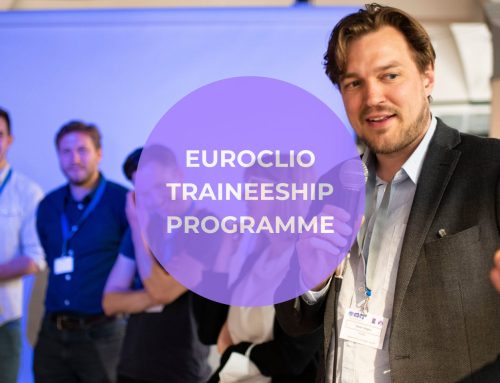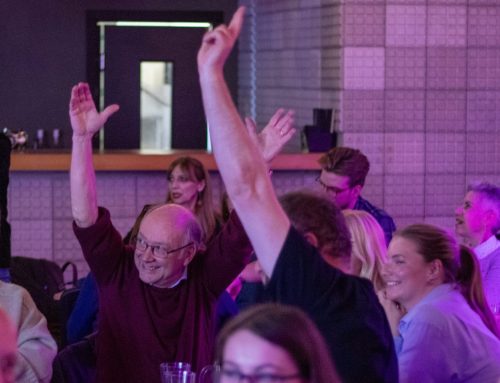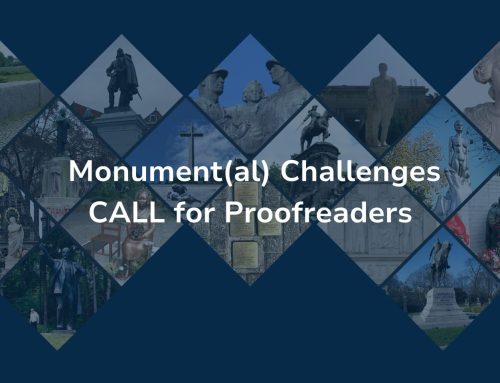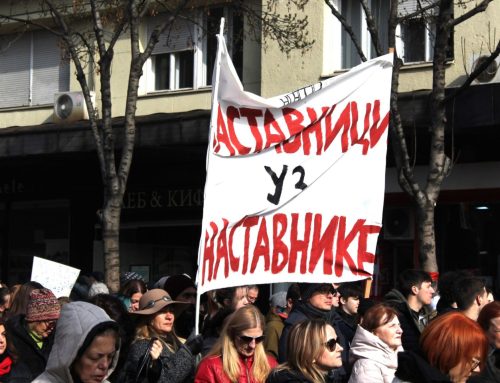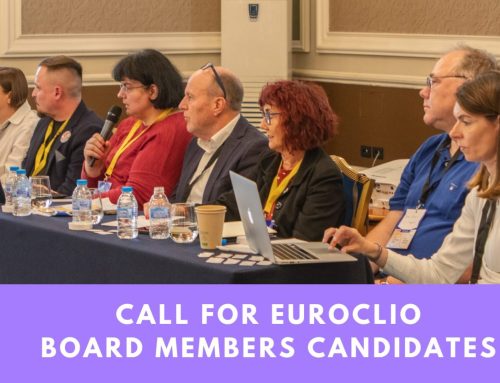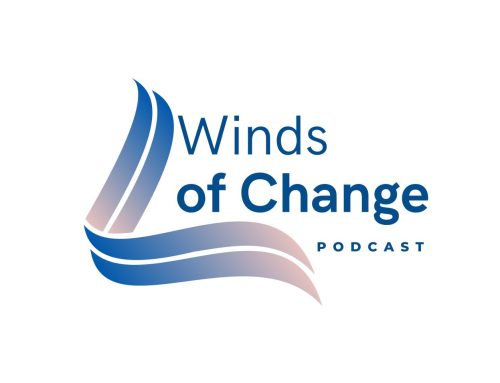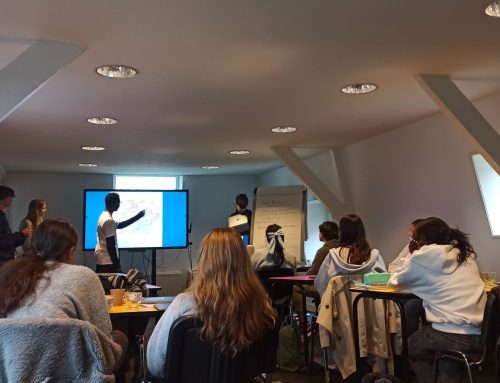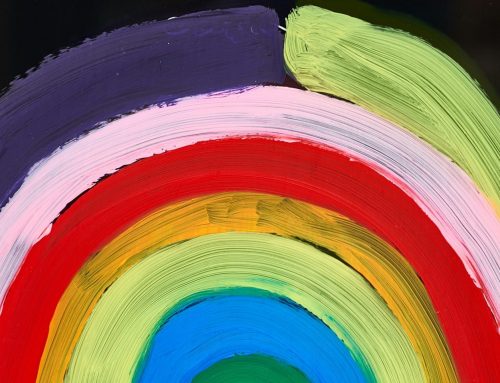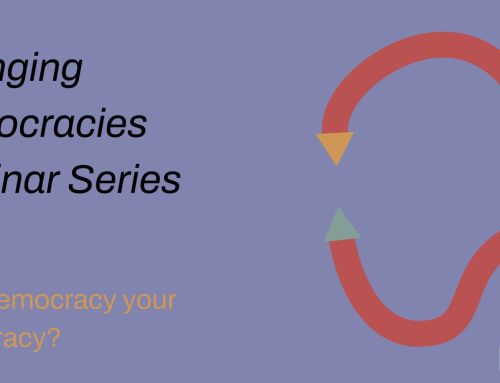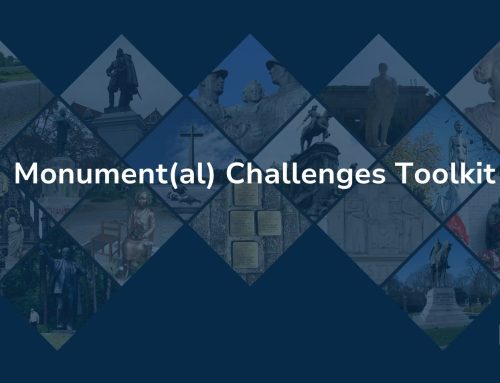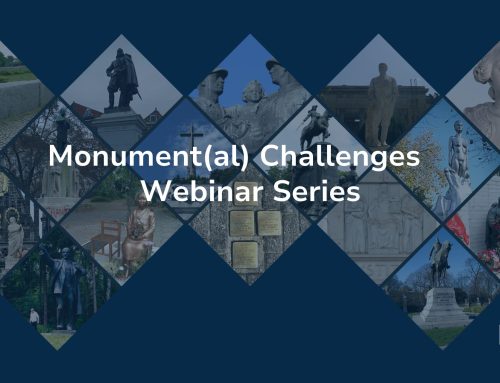Participants came from Bosnia, Croatia, Denmark, Estonia, Greece, Hungary, Moldova, Netherlands, Serbia, United Kingdom and Israel. This year three persons from Yad Vashem, The World Holocaust Remembrance Center, were also invited. They, together with an Israeli guide of Israeli youth trips to the Nazi camps in Poland played an active role during the seminar. In the evenings we continued ample discussions from various perspectives in a group. The diversity of the group could also have allowed for discussions embedded in the programme.
There were significant improvements based on last years’ experiences and the extended evaluations of participants. The new course was more lenient to the audience. Their attention span had been taken into account with more and longer breaks with fresh delicacies. In addition, some more lectures were in English and those that were in Polish were often accompanied by a PPP in English and/or an English summary in the extended course booklet. After tough and quite long lectures the speakers took time to answer questions. Discussions were more nuanced than last year, with polite but more insisting remarks and questions.
Most lecturers reflected the IPN research in the specific fields of study of the History of 20th Century Poland. However, there were also more internationally oriented scholars: Professor Wojciech Roszkowski opened with ‘An overview of Poland and Europe in the 20th Century’, and Professor Tomasz Szarota lectured on ‘The Aftermath of World War II seen by the Poles after 70 years’. There were no dull moments, since in the evenings we were treated a Chopin piano recital in the concert hall of the palace and films suited for the themes of the day. A warm thank you to the organiser Anna Brojer and her assistant Malgorzata Zuławnik. You can meet them on the Annual Conference in San Sebastian.
Written by: Ineke Veldhuis-Meester, EuroClio ambassador

